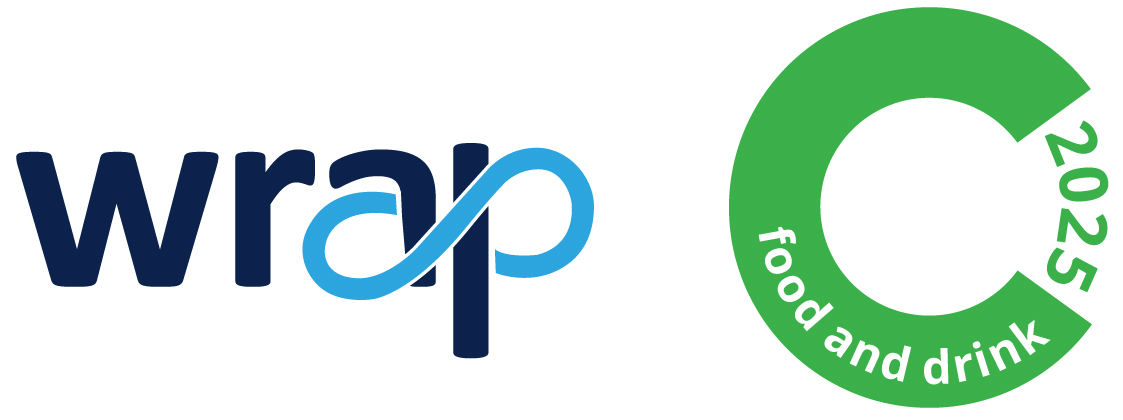In January 2017, Courtauld 2025 signatories agreed a vision and level of ambition relating to the amount of food surplus being redistributed by the retail, manufacturing, and hospitality and food service sectors:
Our shared vision is that, where food surpluses cannot be avoided, all UK food and drink companies should seek to redistribute surplus food ahead of any other option. As part of C2025, business signatories including leading retailers, manufacturers, and food redistribution organisations have agreed an ambition to work collaboratively with WRAP to double the amount of surplus food they redistribute by 2020 against a 2015 baseline.
This could mean levels doubling to at least 30,000 tonnes within five years. That equates to enough food to prepare an additional 60 million meals, worth an estimated £60 million a year.
Making it happen
1) Redistributing turkeys at Christmas
Castell Howell Foods, a food service and catering company operating in Wales and the West Country, worked with WRAP Cymru to enable the redistribution of surplus frozen turkey joints. 220 turkey joints were redistributed to community cafés, social care homes and community centres in South Wales.
As a result, a new opportunity arose to redistribute 60 boxes of cooked, frozen lemon polenta cake. In total, just before Christmas, around a tonne of food was saved from disposal.
2) Engaging students
With support from Courtauld 2025, Swansea University explored how student volunteers could help redistribute surplus food. A workshop was held at the University, with an audience of community organisations, food banks, homelessness charities and other organisations who could potentially make use of Swansea’s surplus food. The lunch was prepared using surplus food in line with the University’s ‘Waste Free Wednesday’ initiative.
The collaboration highlighted opportunities to share resources such as volunteers and transport, and some challenges such as a lack of storage for collected surplus food. Social media is now used to share information. In addition, the resources developed from the project have been shared with universities across the UK to promote the establishment of similar schemes.
Swansea’s achievements were shared at the Environmental Association for Universities and Colleges (EAUC) annual conference. This attracted the interest of other universities in setting up similar schemes, resulting in 10 organisations making a pledge to take action to reduce food waste and follow Swansea’s example on food waste reduction.
3) Making connections in the cloud
Tesco’s Community Food Connection scheme, in partnership with FareShare and Irish social enterprise FoodCloud, enables charities to pick up surplus food from their local Tesco. Thousands of charities and community groups have signed up to the scheme, and Tesco reported a 150% increase in redistribution of surplus food to 5,700 tonnes in 2016/17 compared to the previous year.
